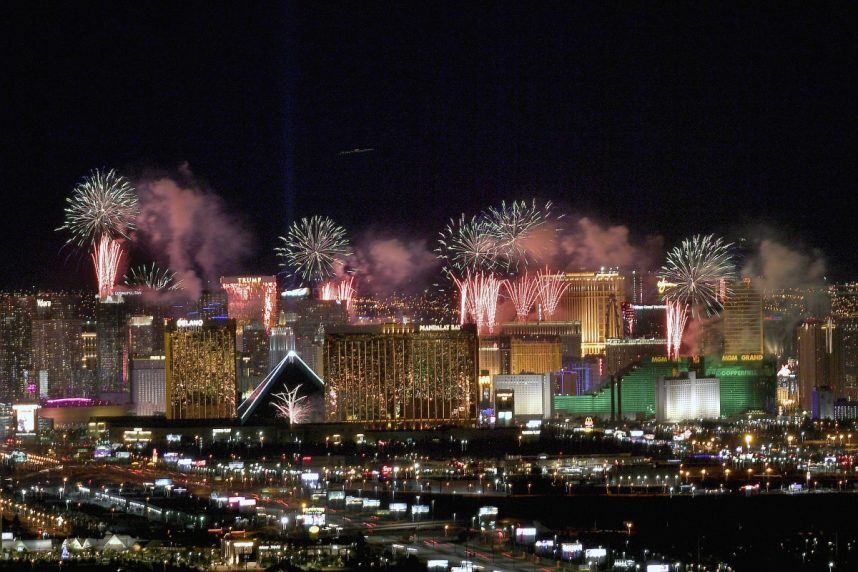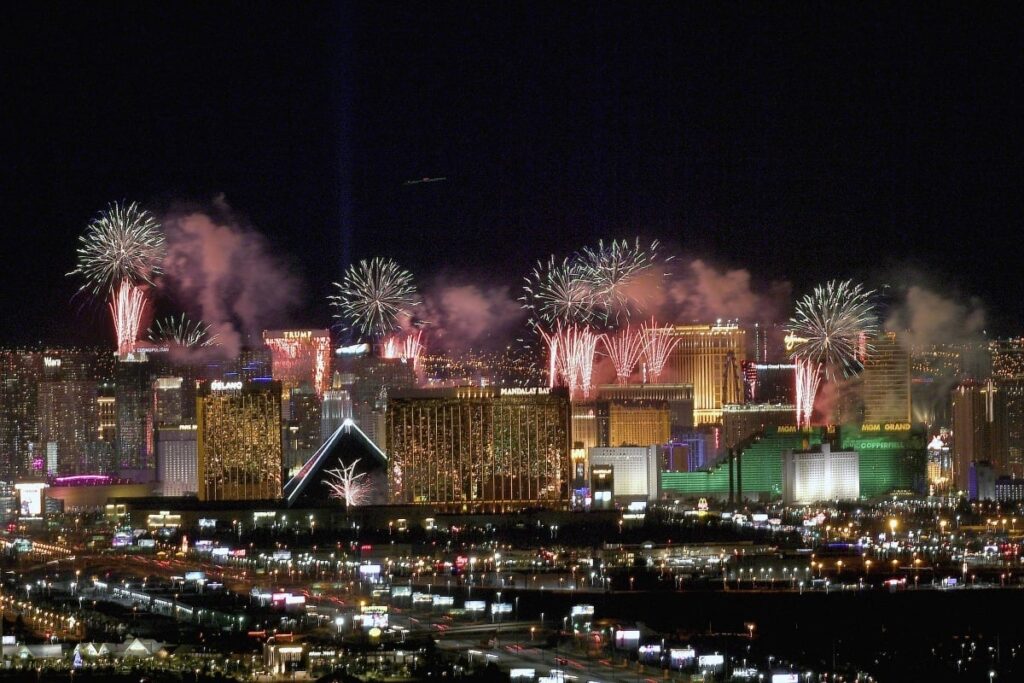Posted on: April 30, 2024, 11:28h.
Last updated on: April 30, 2024, 01:04h.
Las Vegas Strip casino hotels have experienced a torrid pace of recovery following the darkest days of the coronavirus pandemic, but there are signs lethargy is setting in.

In a note to clients on Tuesday, Deutsche Bank analyst Carlo Santarelli said some recent quarterly earnings reports from operators with Strip exposure confirm the thesis that “cracks have emerged.” That claim could be further tested by Caesars Entertainment (NASDAQ: CZR), the second-largest Strip operator behind only MGM Resorts International (NYSE: MGM), delivering first-quarter results after the close of US markets on Tuesday.
It has been 12 straight quarters of GGR growth in Las Vegas, since the market emerged from the pandemic in the 2Q21, the quarter in which the LV Strip GGR surpassed 2019 levels for the first time in the recovery. More recently, however, cracks have emerged, as evidenced by several quarterly reports over the last few earnings seasons,” observed the analyst.
One of those cracks was the March gross gaming revenue (GGR) report for Nevada, which showed a 1.65% year-over-year drop, the first decline in eight months. Some of that softness was attributed to a 37.2% plunge in convention attendance, but that was a tough comparison because the ConExpo-Con/Ag construction equipment trade show occurred in March 2023, but not last month.
Big Events Benefiting High-End Las Vegas Strip Operators
An issue raised by Santarelli is that there’s a gap between how marquee events, such as the Las Vegas Gran Prix and the Super Bowl, affected Strip operators.
Put simply, the Formula One race was a boon for high-end Strip integrated resorts, including Caesars Palace, Wynn and Encore, and MGM’s Aria, Bellagio, and Cosmopolitan. However, the opposite proved true for mid-tier venues such as Caesars’ Flamingo and Harrahs, MGM’s Excalibur, and comparable properties and those in lower tiers.
In what could be a cautionary tale about the near-term fate of the Strip, consumers have all but exhausted coronavirus financial benefits, and “the lower to mid-tier properties have largely peaked and begun to decline,” added Santarelli.
Some operators have already confirmed softness at regional casinos in the Midwest, South, and other regions — a theme that could potentially matriculate to destination markets such as Las Vegas.
High-End Las Vegas Venues Could Be Pinched, Too
In lethargic or slumping economic environments, wealthy consumers often prove resilient. That should be encouraging for operators of the glitzier Strip integrated resorts. However, that thesis isn’t foolproof and it could be tested if macroeconomic challenges emerge.
Santarelli notes that while competition remains fierce for affluent bettors, there are already signs of attrition in that segment.
“The one constant, however, has been the high-end strength, which is best evidenced by the baccarat segment, which has essentially carried GGR to positive comps over the last 12 months period. We believe this segment has reached a plateau and, despite competition for this customer continuing to heat up, is likely to fade, thereby exposing more clearly, the other underlying stagnation that is present in the market today,” concluded the analyst.




